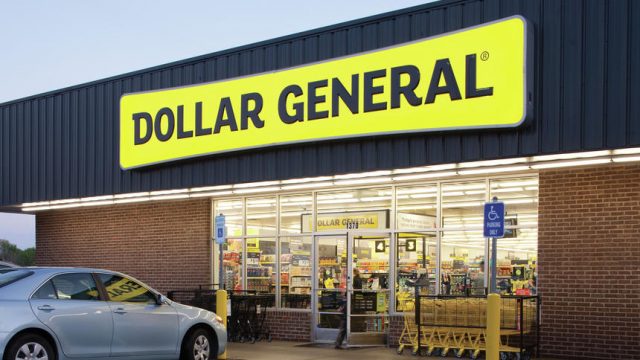It’s Not the Government’s Job to Protect Businesses From Competition

Recently the city leaders in Velva, North Dakota – a small community to the southeast of Minot – voted down a bid from a developer to buy city land for the creation of a Dollar General store.
It was the city which put the land on the market for sale in the first place, but they received only one bid on it. Once they learned what the plans were behind that bid, they said no to it.
The reason is problematic in the extreme.
It wasn’t because the city didn’t want to sell the land. They voluntarily put it on the market, after all. The price doesn’t seem to have been a factor either. The developer offered $100,000 for the 1.37 acre property.
The problem was that the city leaders didn’t want Dollar General competing with existing businesses.
Normally you wouldn’t expect politicians to just come right out and say such a thing, but a refreshing feature of small town politics is that those who practice it usually aren’t too subtle about their motivations.
This, from the Minot Daily News:
The Velva City Commission recently voted to reject the lone bid on a city land sale after learning the developer planned to lease the property to Dollar General, a retailer with 14,000 stores around the country.
“We all just did our homework and really looked at the impact it would have on the existing businesses,” Commissioner Mary Liz Davis said. “We didn’t want to threaten what we have so we voted it down.”
Davis went on to defend the decision by pointing out the city wasn’t taking any sort of regulatory action to prevent Dollar General from moving in. This wasn’t an example of city leaders using zoning ordinances or other policy powers as a cudgel against the company looking to develop.
But I’m not sure that improves the situation.
If the city leaders felt they could get a more generous offer for the land they wished to sell, the fine. We might argue about it – I’m a bit dubious given they received just one bid for it – but at least the motivation there is in the interest of doing right by the taxpayers.
But how is protecting the citizens of Velva from another shopping option in any way serving their interests?
Those sympathetic to the city’s decision could argue that Dollar General might put existing businesses in Velva out of business. That could very well be the case, but it could only happen if the citizens in the Velva area started choosing Dollar General over those existing businesses.
Meaning that Dollar General would offering something – better pricing, perhaps, or a wider selection – that the existing business would not or could not. If Dollar General doesn’t offer a superior shopping experience, then I suppose the existing businesses have little to worry about.
Either way, I don’t think citizens need to be protected from the opportunity to choose something better.
Kudos to Velva’s leaders for at least being honest about their rank protectionism, but voters in that community probably need to consider electing people less narrow minded.




